While private funding from venture capitalists and angel investors becomes increasingly scarce, entrepreneurs should not be disheartened. There are numerous avenues for non-dilutive funding that business founders can explore. A variety of grant programs are available, offering significant financial support to grow businesses without the need to give up equity. These programs provide the much-needed capital infusion that can help startups thrive in their formative years and beyond.
Exploring Grant Programs for Startups
Looking for a grant. The California Air Resources Board (CARB) offers a tool called the Funding Wizard to streamline the process of applying for grants for sustainability projects. Originally developed to encourage more applications for funds from the sale of cap-and-trade offsets, the tool has expanded to include a database of funding opportunities from local, state, and air quality agencies, as well as power utilities. The tool, which is continuously updated and improved, also offers modules to help calculate carbon footprint reductions and build solid project plans. Despite being focused on opportunities in California, it can be used widely if a connection to the state can be established.
There is also OpenGrants. OpenGrants is working to help companies find the right contacts in granting agencies and begin building positive relationships. OpenGrants offers a basic “freemium” service that will develop a profile of those seeking grants and matching them through an extensive database to what might be good candidates to approach. The idea is to offer a “no-regrets” entry point to encourage people to give OpenGrants a try.
The CalNEXT initiative is open again, looking to accelerate the development of emerging technologies that contribute to California’s decarbonization efforts. Managed by Energy Solutions, CalNEXT is funded by ratepayers of investor-owned utilities in the state. The initiative funds projects ranging from $20-400K, providing opportunities for energy-efficiency innovators to focus on impactful and marketable ideas. CalNEXT operates through “Technology Priority Maps” that detail desirable innovations across six technology groups. CalNEXT also assists in connecting companies to stakeholders that can further support demos and commercialization opportunities after project completion.
Highlighting Startup Grants
The Business journal recently highlighted grants for startups in general.
Visa Everywhere Initiative: Startups can win up to $70,000 at the TechCrunch Disrupt event. The North American region winner competes against global startups for an additional $50,000. Deadline: June 26, 2023.
Venmo Small Business Grant: Offers $10,000, professional consulting services, and promotional opportunities. Application deadline not yet announced.
WomensNet’s Grants: Provides several grants, including a monthly $10,000 Amber Grant and a quarterly Startup Grant for businesses with less than $10,000 in revenue. Deadlines: Amber grants are monthly, Startup Grants are quarterly.
U.S. Chamber of Commerce’s Top Small Business Awards: Offers a $25,000 cash prize for startups with fewer than 250 employees or gross revenues of less than $20 million. Deadline: July 7, 2023.
LegalZoom’s Fast Break for Small Business: In partnership with the NBA, WNBA, and NBA G League, offers $10,000
Networking Events and Team-Building Opportunities
And be on the lookout for RocketFund, CalSEED, and CEC Epic Opportunities. And if you are looking to build a team, join CleanStart’s networking events. The next informal one is June 22 at Lucid Winery on R Street downtown.
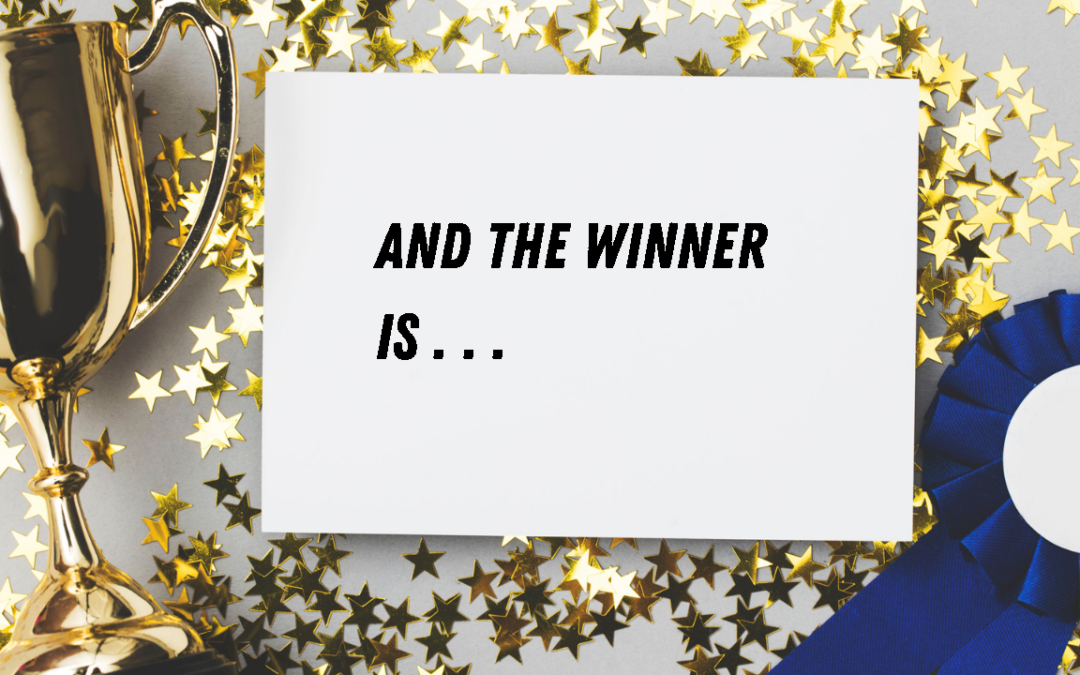
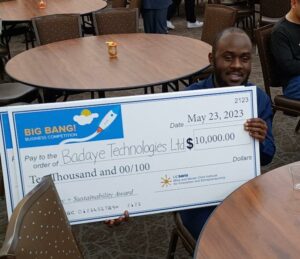





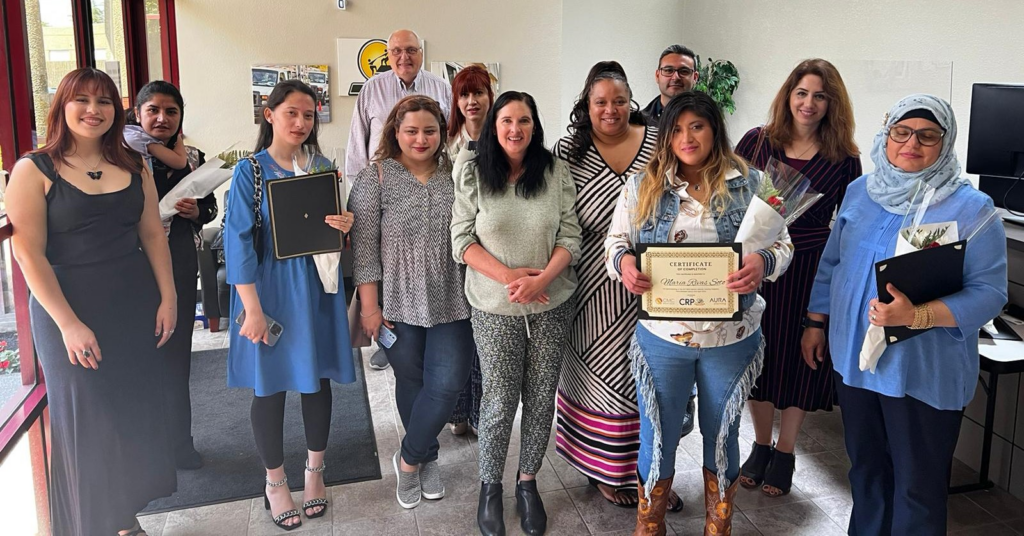
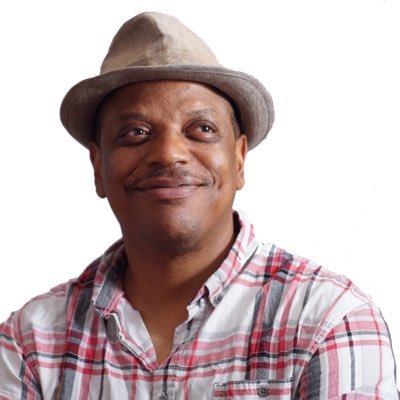
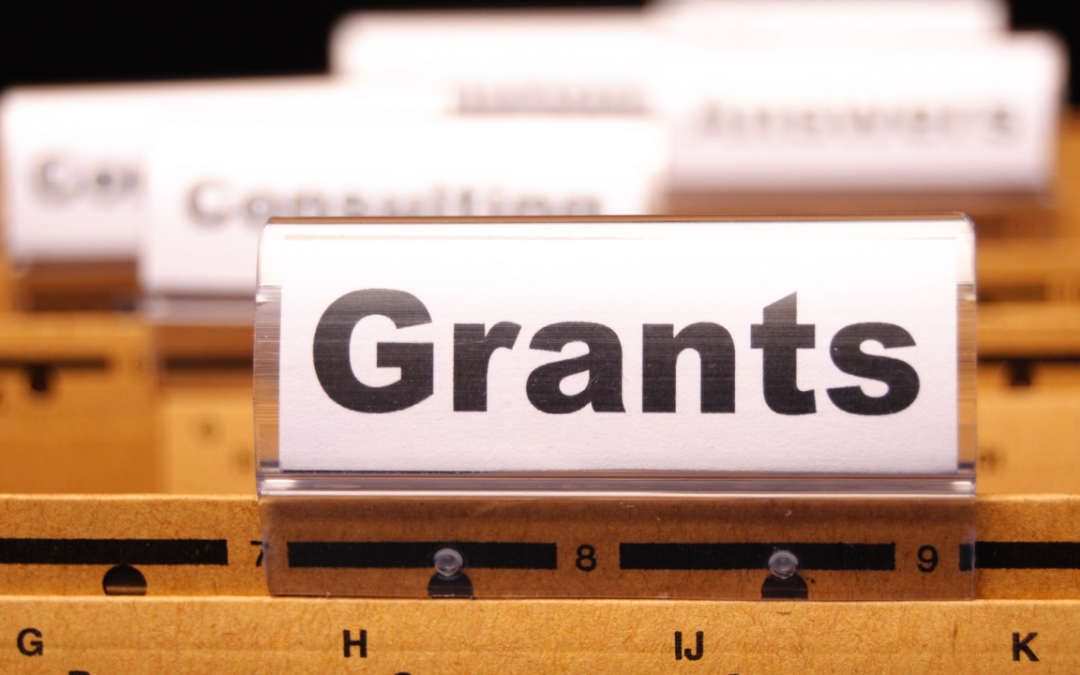

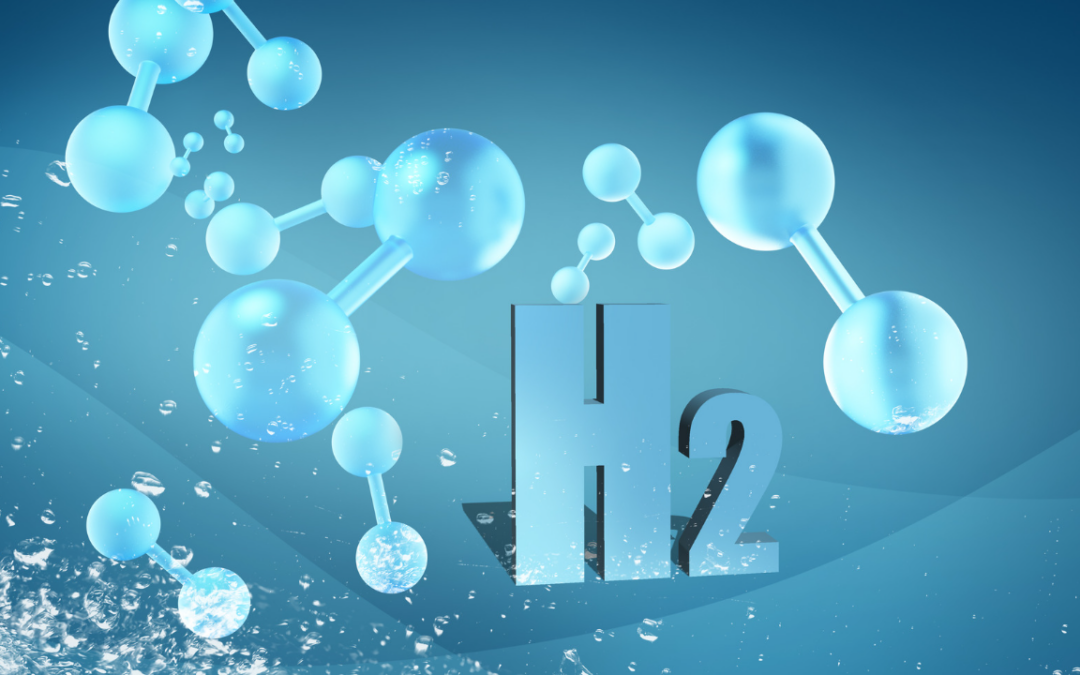
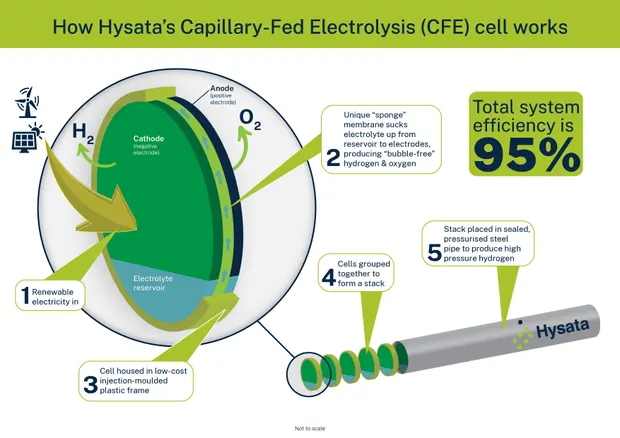

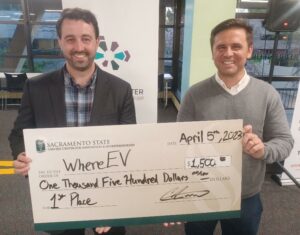 WhereEV recently pitched its idea at the campus-wide start-up pitch competition put on by the Carlsen Center at SacState. They won the top prize and got a check for $1500.
WhereEV recently pitched its idea at the campus-wide start-up pitch competition put on by the Carlsen Center at SacState. They won the top prize and got a check for $1500.
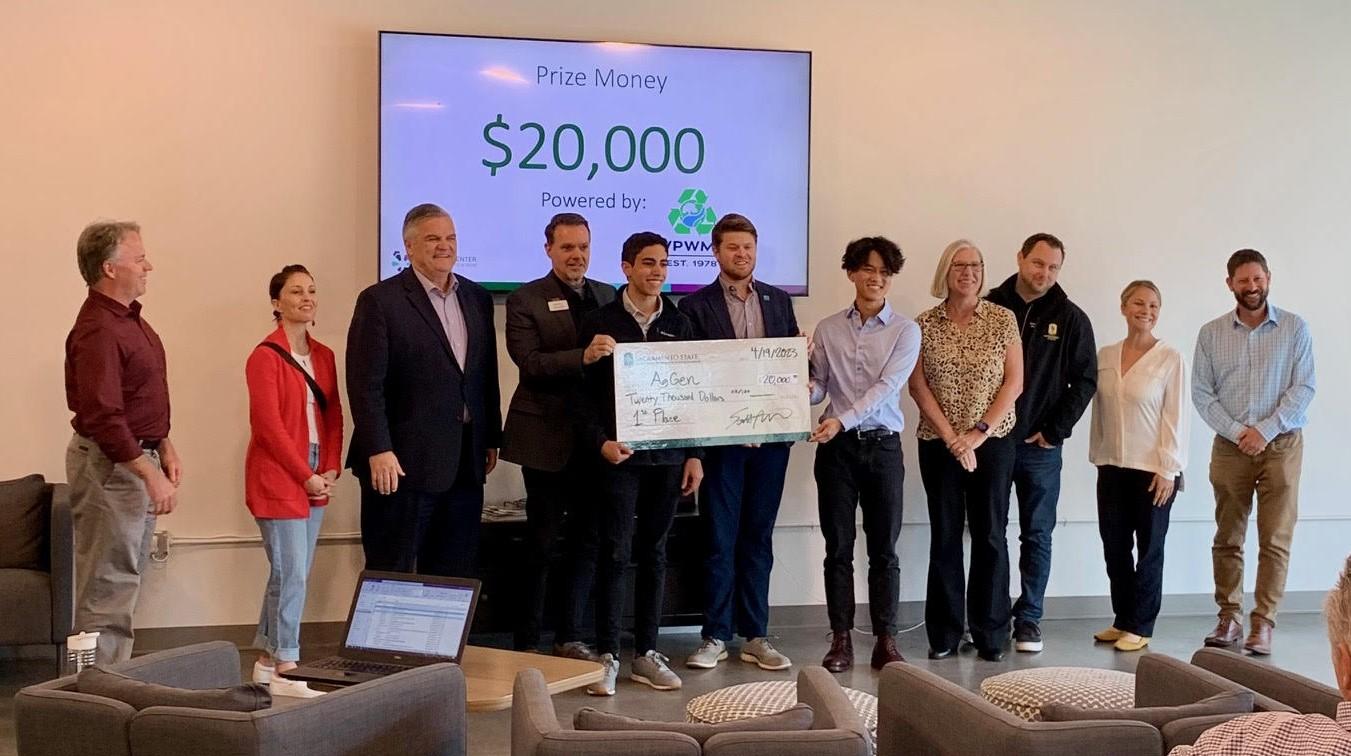
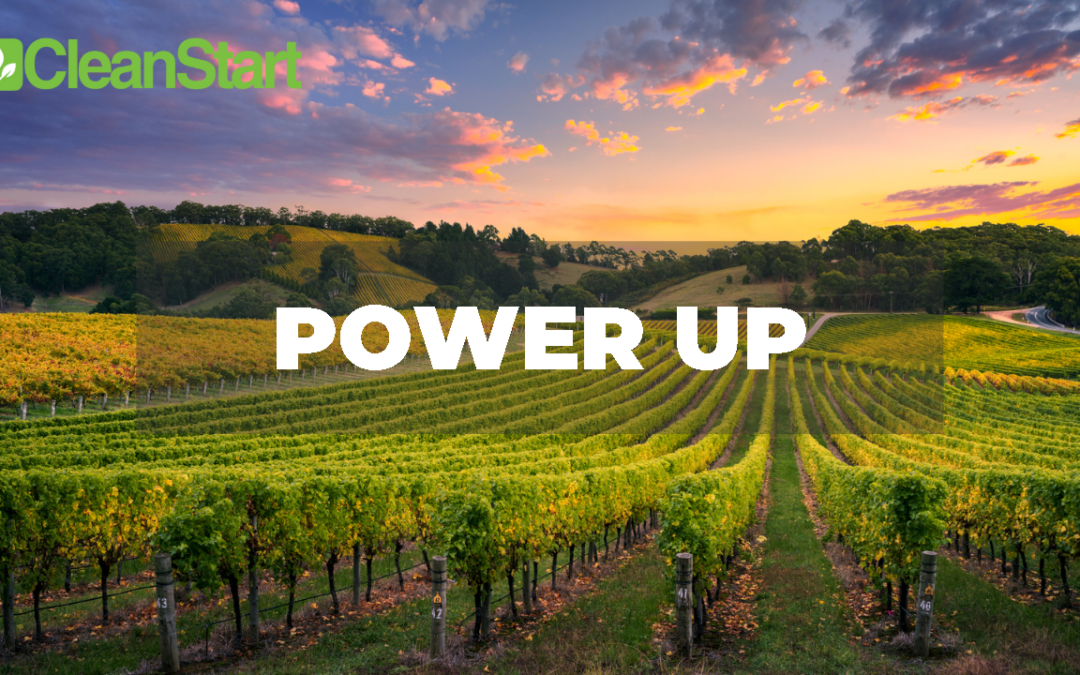
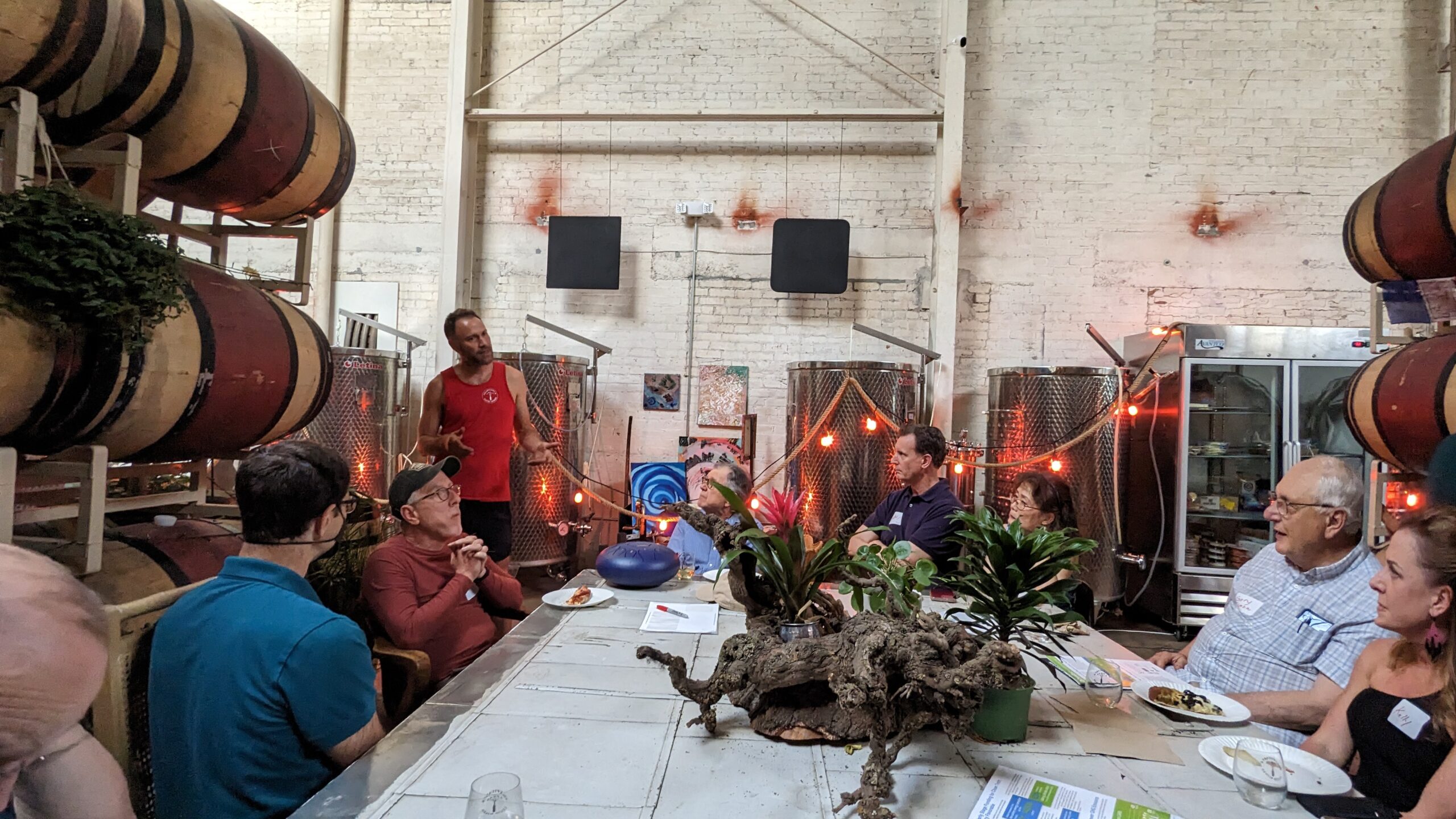
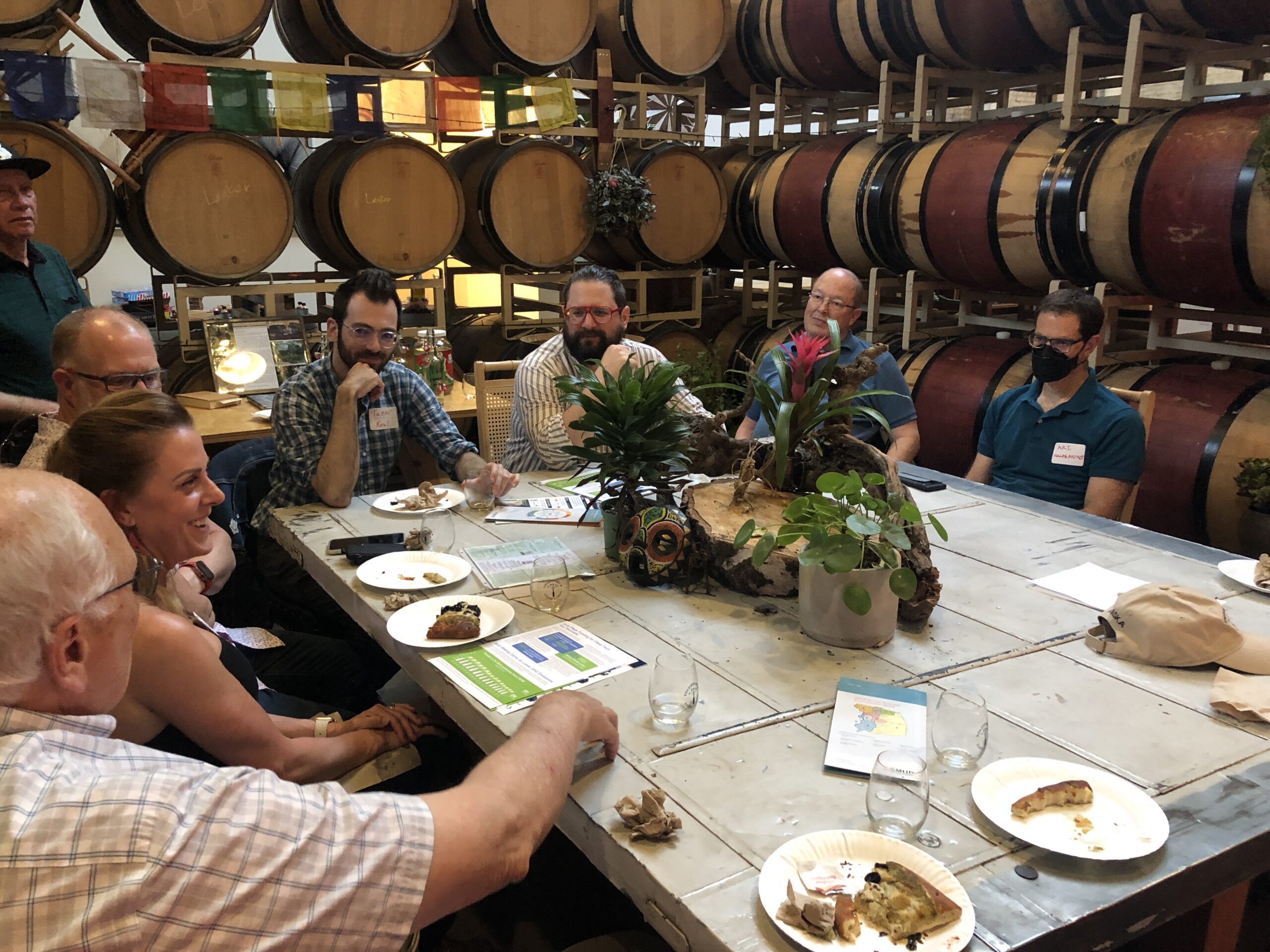
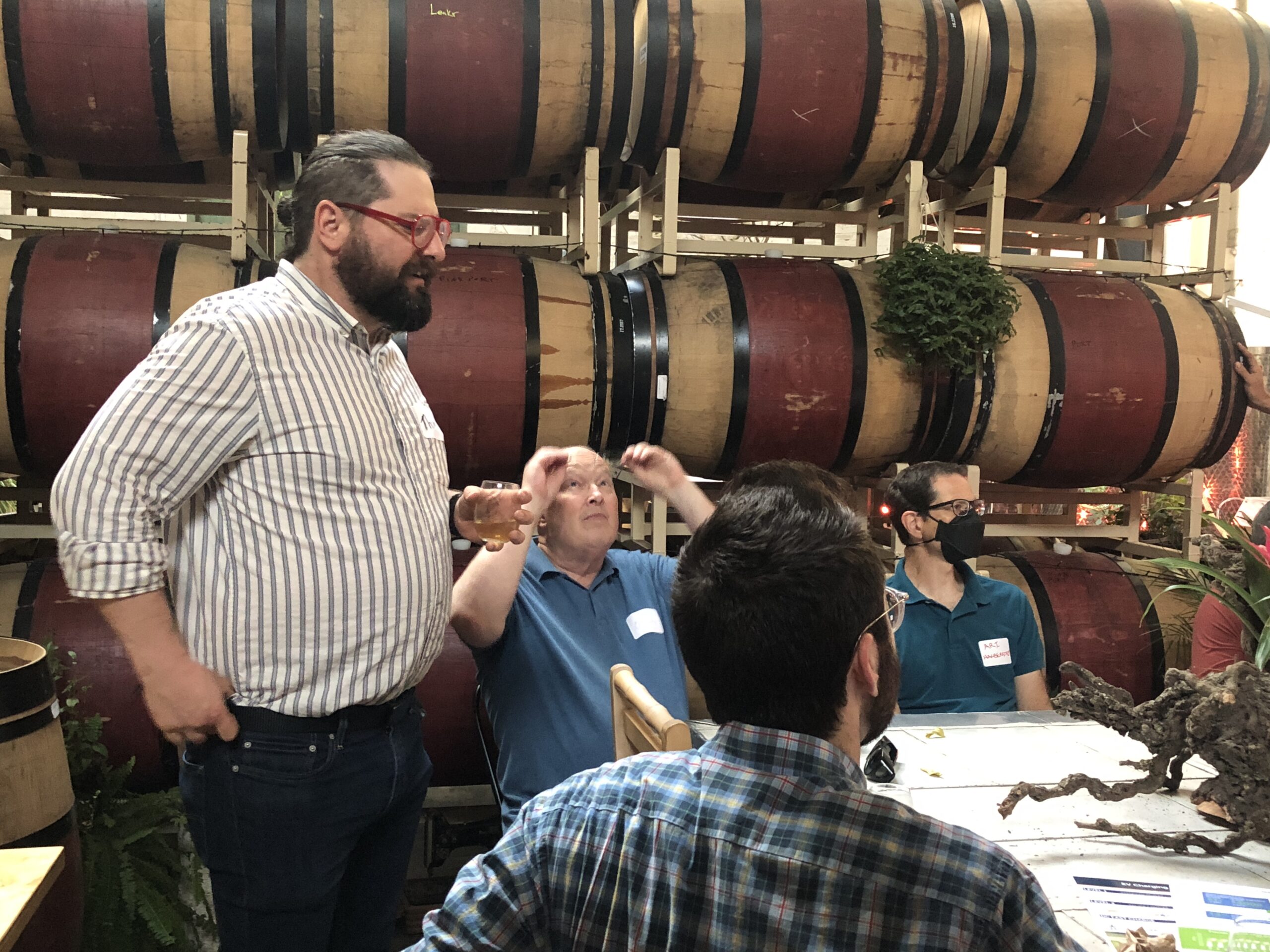
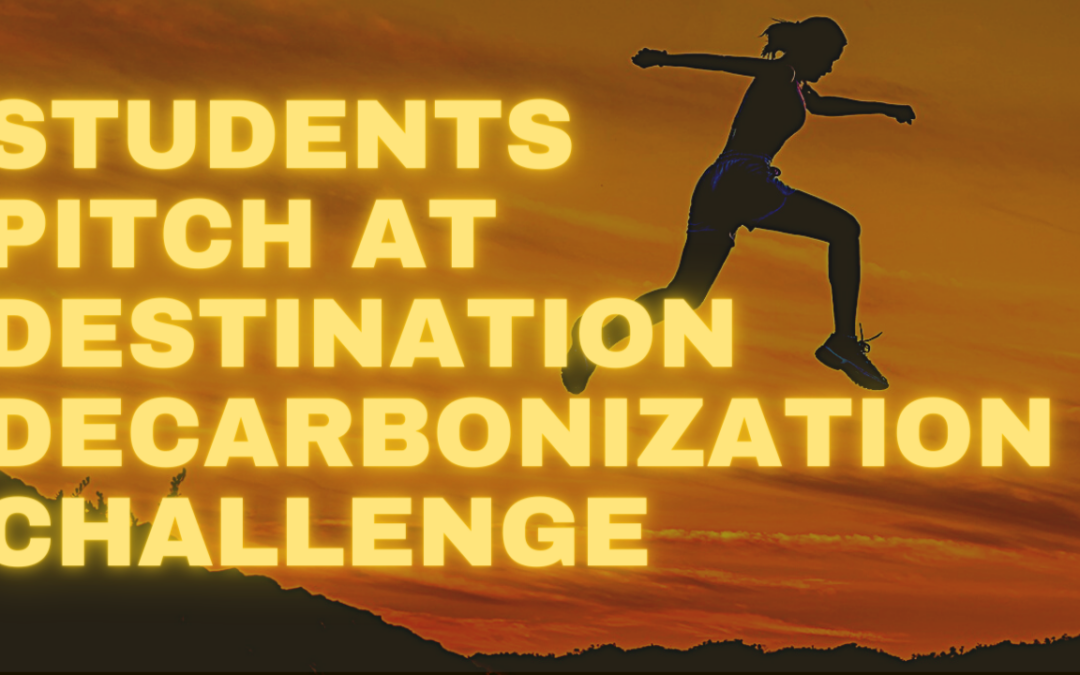
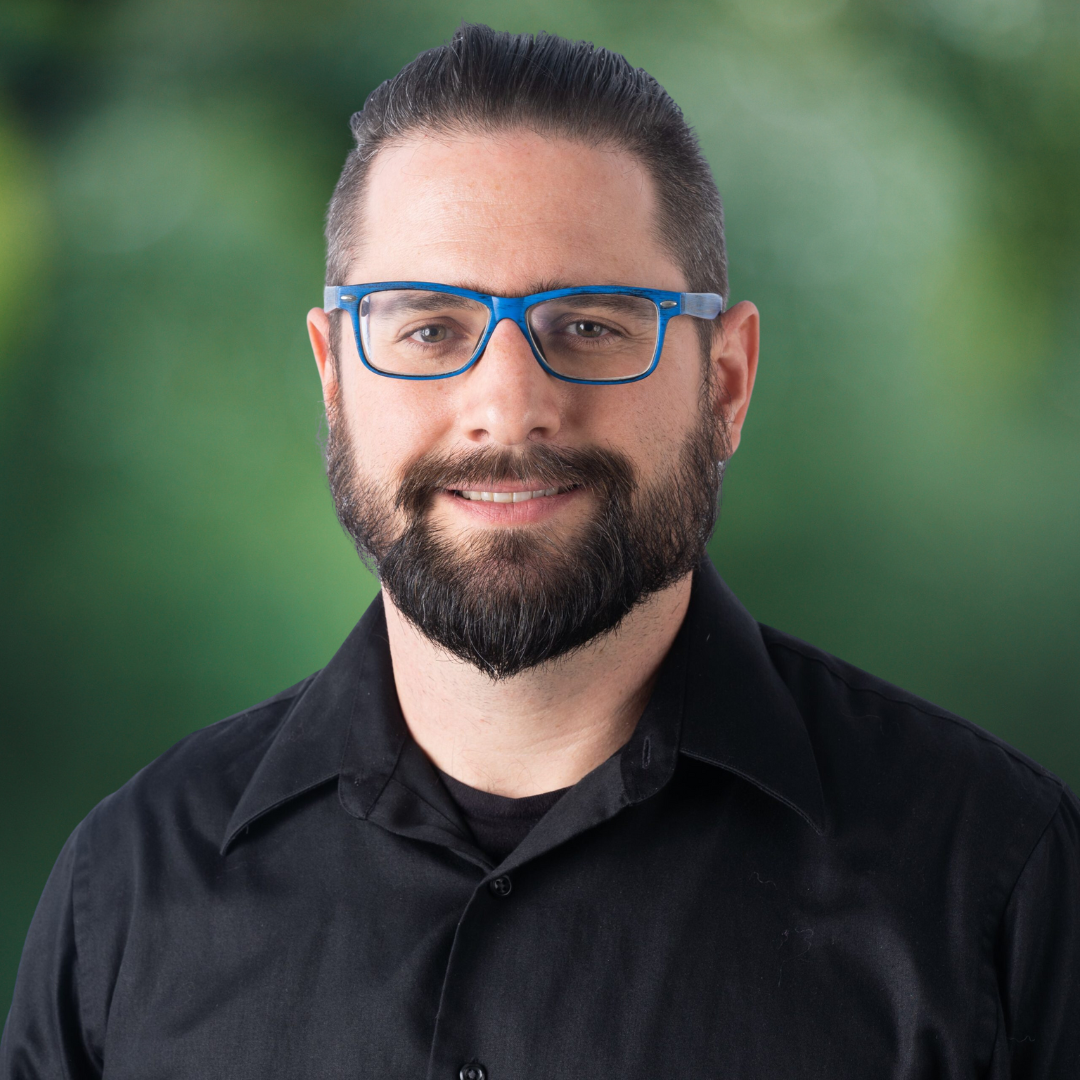





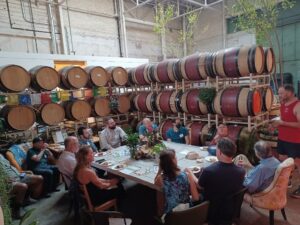 We saw old friends that we missed for months and made a number of new friends. It went so well we are going to do it again sometime. We liked the location—wine barrels and stacks of old books. Awesome. We wanted to attract some of you from the state buildings. We had some from the CEC and the Secretary of State’s office. But we want to see dozens more. And there are more of the “wine-beers” we want to try.
We saw old friends that we missed for months and made a number of new friends. It went so well we are going to do it again sometime. We liked the location—wine barrels and stacks of old books. Awesome. We wanted to attract some of you from the state buildings. We had some from the CEC and the Secretary of State’s office. But we want to see dozens more. And there are more of the “wine-beers” we want to try.